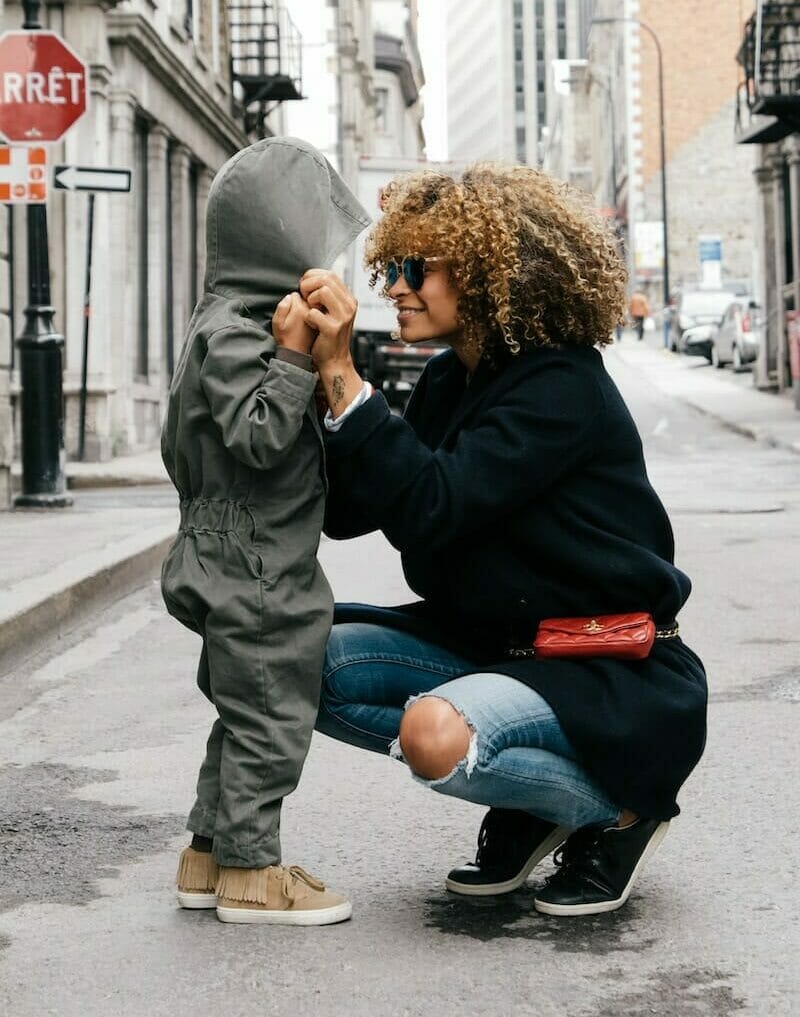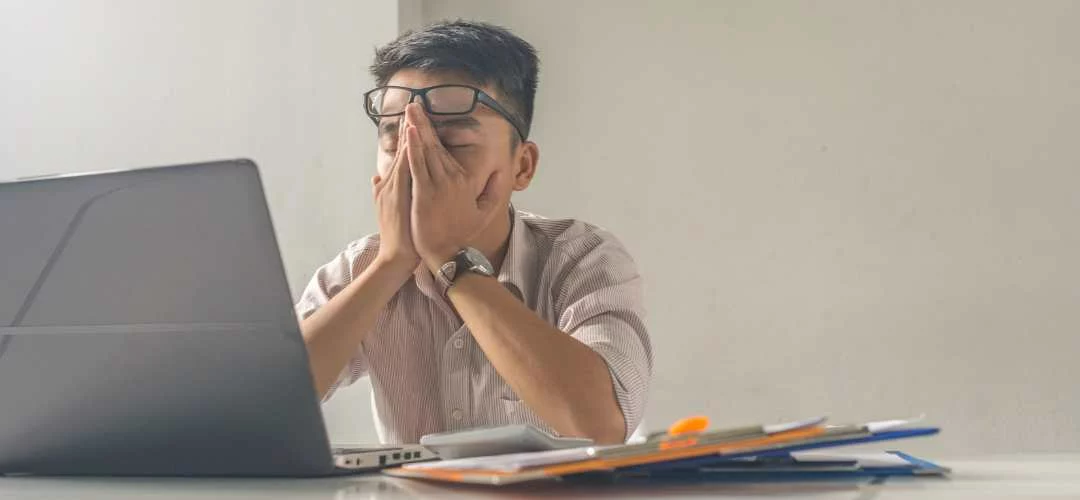Have you ever worked your whole life for something, been doubted, but kept going to be one of the best? Helen Maroulis worked her whole life to be one of the best women wrestlers in the world. She was a girl, therefore, everybody told her that she couldn’t wrestle because of her gender and to give up. To demonstrate, her first time wrestling, she only won 1 match, but, unfortunately lost the other 30. Despite this, she kept working harder and learning. After seven years of self-doubt, discouragement, and hatred towards her, she was invited to go try out for the U.S Women’s Wrestling team. Her whole life, she had grown up wrestling boys, but then she had to adapt to wrestling with girls. Helen went off to compete at the Junior Olympics… and she lost… 2 times. She was tremendously upset to the point where she wanted to quit wrestling. Her coach persuaded her to keep going. Next thing you know, Helen was off to the Olympics. After she won her first two matches, she was notified that she would be wrestling the best woman wrestler in the world from Japan. Saori Yoshida was the best wrestler at the Olympics. She had never been beaten, and everyone was intimidated by her. The most significant thing that I remember about her when I watched her documentary was before she went onto the mat, she told herself, “I can do this, just wrestle, do what you love, and have fun.” This is a quote that I will never forget. She then stepped onto the mat and remembered all the haters who discouraged her from her dream… and she won. She won the Olympics! She won a Gold medal! Helen Maroulis proved everyone wrong. Helen is an awesome wrestler, but more importantly, she taught the world that GIRLS CAN WRESTLE TOO!!! Everyone thought she wasn’t going to even win a match, but there she was, being handed a gold medal. Helen inspires girls all around the world, including me, that girls can wrestle and nothing should get in the way of your dreams. Helen’s shining moment when she won the gold medal inspires me to be a champion wrestler like her.
Girls Can Fight!
Responses to “Girls Can Fight!”
-
Can you be more specific about the content of your article? After reading it, I still have some doubts. Hope you can help me.
-
Can you be more specific about the content of your article? After reading it, I still have some doubts. Hope you can help me.
-
Thank you for your sharing. I am worried that I lack creative ideas. It is your article that makes me full of hope. Thank you. But, I have a question, can you help me?
-
Can you be more specific about the content of your article? After reading it, I still have some doubts. Hope you can help me.
-
Hey Caroline! Great piece. I’ve been thinking about picking up jujitsu, which is supposed to be the most practical form of self-defense. If it weren’t for Josie and Amelie’s comments, I almost thought it was your mom who wrote this! It’s been so long since I’ve last seen you, and in my mind, you’re still that sunshine girl who used to braid Clarissa and Bianca’s hair 🙂
-
Loved your essay and learn so much information. I loved your topic. Good🤗 job!!!!
-
GOOOOODDD JOOOOOBBB!!!!
Touched by what you read? Join the conversation!
-

Yes, When
If your child struggles when you tell them “no”, try saying “yes, when” instead. For example, your kid might ask for junk food or more time on Minecraft. Instead of saying “no,” which triggers immediate negative behavior and a stressful power struggle, tell them when they can fulfill their request. “Yes, you can have more…
-

7 Ways to Boost Emotional Well-being
This article was written by Tchiki Davis, Ph.D. and originally posted at Psychology Today. Boosting emotional well-being is not about stopping or avoiding emotions. Emotions are a normal and necessary part of life. Emotional well-being comes from enhancing emotional awareness, emotion regulation, and emotional recovery. That means increasing emotional well-being is entirely possible. Here are some ways to…
-

Why Asian Americans Don’t Seek Help for Mental Illness
This article was originally written and posted by McLean Hospital. Mental health stigma affects all ethnicities, cultures, and nationalities, but Asian Americans may be more impacted than most. The National Latino and Asian American Study reported that while 18% of the general U.S. population sought mental health services and resources, only 8.6% of Asian Americans did so.…
Read more >> about Why Asian Americans Don’t Seek Help for Mental Illness




Leave a Reply